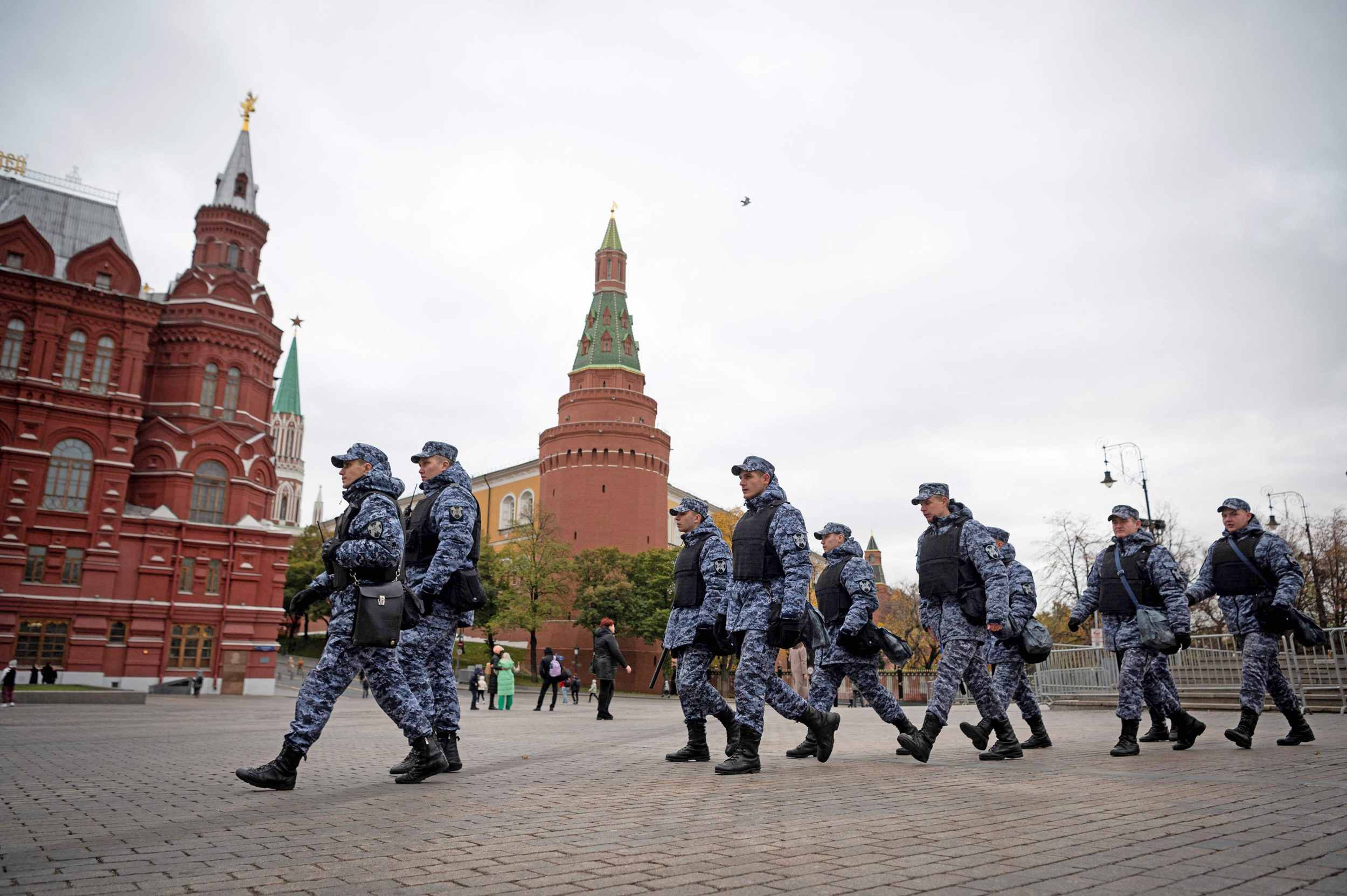Former Mossad chief Yossi Cohen allegedly engaged in “threats and intimidation” in an attempt to stop former International Criminal Court chief prosecutor Fatou Bensouda from opening a war crimes investigation into Israel, according to a report published by The Guardian on Tuesday.
Citing a slew of unnamed Israeli and ICC officials, the report claimed Cohen, who led the Mossad in 2016-2021, had frequent and increasingly threatening communications with Bensouda between 2017 and 2021 that amounted to “stalking,” in which he tried to persuade her not to investigate Israel.
Three unnamed Israeli sources familiar with the matter told The Guardian that Cohen was allegedly approved “at a high level” to act as Prime Minister Benjamin Netanyahu’s “unofficial messenger” and that the objective was to compromise Bensouda or get her to comply with Israel’s demands.
The Guardian said the allegations come from part of a forthcoming investigation by the Guardian, the Israeli-Palestinian publication +972 Magazine and the Hebrew-language outlet Local Call, revealing how multiple Israel intelligence agencies ran a covert “war” against the ICC for almost a decade.
The report placed Cohen’s and Bensouda’s first meeting in 2017 when the former Mossad chief introduced himself to the then-prosecutor at a security conference in Munich.
by email and never miss our top stories
The next meeting, the report continued, came in 2018 when Cohen allegedly teamed up with the Democratic Republic of the Congo’s then-president Joseph Kabila to ambush Bensouda in a hotel room in New York.
According to the report, Bensouda was meant to meet with Kabila but found herself in a surprise meeting with Cohen after her staff was told to leave the room, which sources said left her “alarmed.”
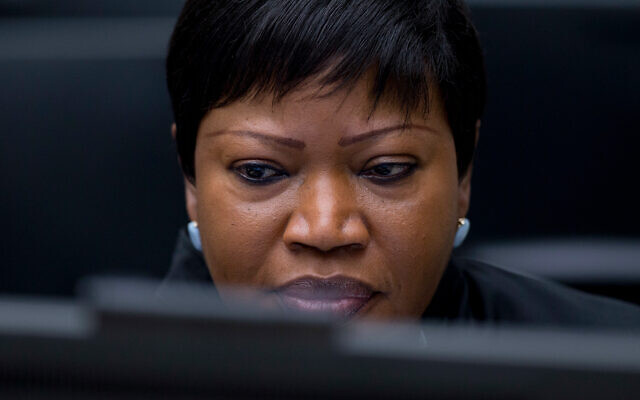
Three unnamed sources told The Guardian that after the surprise meeting, Cohen repeatedly called Bensouda on her phone and sought meetings with her, asking her “Did you forget what I do for a living?” when she inquired how he got her number.
The sources said Cohen initially “played good cop,” trying to build a relationship with Bensouda, but eventually resorted to “threats and manipulation” when that did not work.
They added that after Bensouda announced in 2019 that she was ready to open an investigation into Israel, she and Cohen had three meetings until she left her role in 2021.
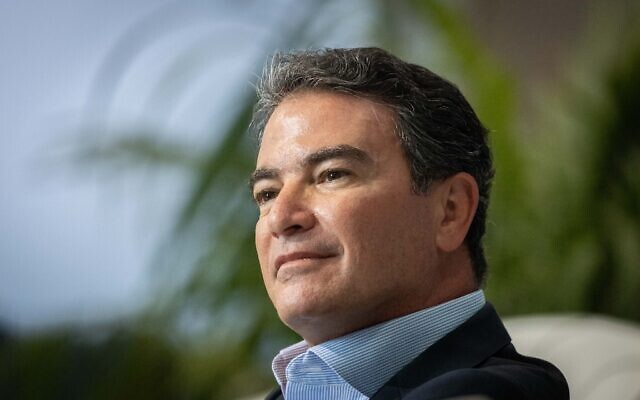
Cohen allegedly initiated all three meetings, two of which led Bensouda to believe he was threatening her and her family after he showed her covert photos of her husband and told her an investigation would be detrimental to her career.
An unspecified number of unnamed ICC officials claimed they were told that Cohen had said to Bensouda, “You should help us and let us take care of you. You don’t want to be getting into things that could compromise your security or that of your family.”
The report claimed Israel then launched a smear campaign against Bensouda that was allegedly coordinated with then-US president Donald Trump, who imposed visa restrictions and sanctions on her. President Joe Biden canceled the sanctions when he took office in 2021.
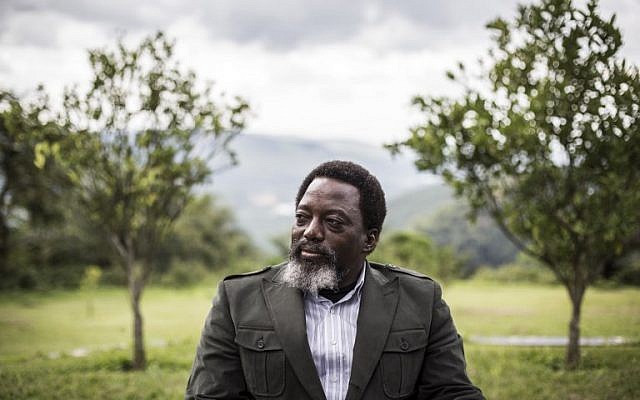
Responding to a request for comment, the Prime Minister’s Office told The Guardian, “The questions forwarded to us are replete with many false and unfounded allegations meant to hurt the State of Israel.”
The publication added that Cohen did not respond to a request for comment and that Bensouda declined to comment.
Bensouda announced in December 2019 that her office had grounds to open an investigation into Israeli actions in the West Bank, the Gaza Strip, and East Jerusalem but that she was seeking a ruling on whether the ICC had jurisdiction.
In the report she published at the time, she accused Israel of at least three disproportionate attacks, willfully killing and injuring civilians, and intentionally attacking Red Cross personnel and institutions during Operation Protective Edge in Gaza in 2014.
In the same report, she accused Hamas and other terrorist organizations of a string of charges including intentionally attacking Israeli civilians, using Palestinian civilians as human shields, and torture and inhumane treatment.
At the time of her announcement, Bensouda was accused of bias against Israel. Israeli observers noted the significance of the timing of the investigation’s span: On June 12, 2014, Hamas terrorists kidnapped and murdered three Israeli teenagers in the Gush Etzion area of the West Bank. Bensouda’s investigation was set to focus on events beginning only from the following day.
More than a year later, in February, 2021, the pre-trial chamber ruled that “Palestine” was enough of a state to fall under the ICC’s jurisdiction, and Bensouda began her investigation before stepping down that same month and being replaced with the current chief prosecutor, Karim Khan.
“The fact they chose the head of Mossad to be the prime minister’s unofficial messenger to [Bensouda] was to intimidate, by definition,” one of the unnamed sources told the Guardian. “It failed.”
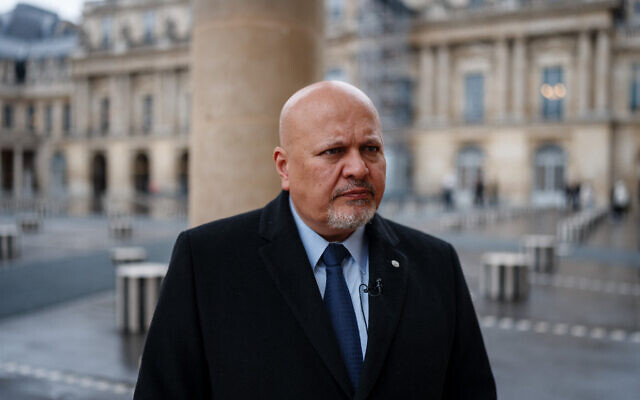
Khan did not close the investigation, but it largely lost prominence until the Israel-Hamas war broke out on October 7 with Hamas’s unprecedented onslaught on southern Israel in which terrorists murdered some 1,200 people and seized 252 hostages.
Over more than seven months of the war, Khan investigated both Hamas’s actions during the attack and Israeli actions throughout its ground invasion in the Gaza Strip.
Last week, Khan announced that following his investigation, he was seeking arrest warrants for three Hamas leaders as well as Netanyahu and Defense Minister Gallant. The warrants for the latter two, he said, were being sought on charges of starvation as a method of warfare, willfully causing great suffering or cruel treatment, willfully killing, intentional attacks against civilians, extermination, and persecution.
Khan has never commented directly on Cohen’s alleged behavior toward Bensouda but has recently said that he would “not hesitate to prosecute attempts to impede, intimidate or improperly influence” ICC officials.
